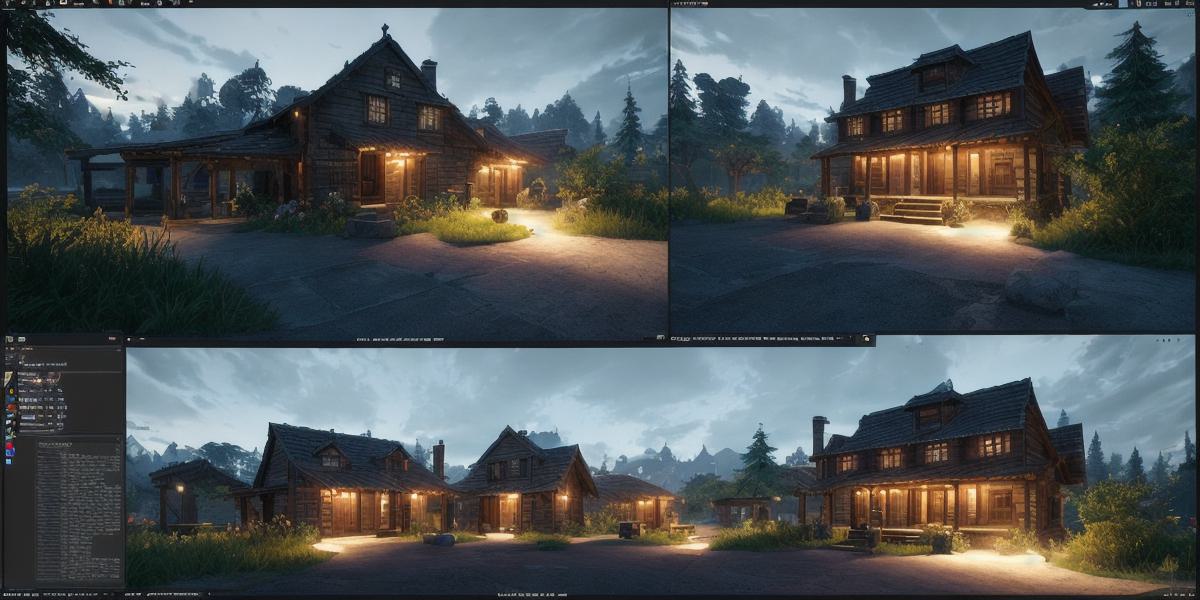Unleashing the Truth: The Difficulty of Game Development in Unreal Engine

Introduction:
Unreal Engine is one of the most popular game engines used by developers worldwide. However, developing games in this engine can be challenging due to its complexities and limitations. In this article, we will explore some of the difficulties faced by game developers when using Unreal Engine and provide insights on how to overcome them.
Challenges faced by game developers:
- High learning curve: Unreal Engine has a steep learning curve, which can be intimidating for beginners. Developers need to have a good understanding of programming languages, physics, and graphics to use this engine effectively.
- Performance issues: Unreal Engine is known for its high performance requirements, which can lead to slow loading times and crashes. This issue can be especially problematic in mobile gaming, where devices have limited processing power.
- Limited customization: While Unreal Engine offers a wide range of tools and features, it lacks the flexibility to create truly unique game experiences. Developers are often limited by pre-built assets and templates, which can make it difficult to achieve their desired aesthetic.
- High development costs: Unreal Engine requires powerful hardware and software, which can be expensive to purchase and maintain. Additionally, developers need to hire skilled professionals with expertise in programming, art, and design to create games using this engine.
How to overcome these challenges:
- Invest in training: To overcome the steep learning curve of Unreal Engine, developers need to invest time and resources into training. There are many online courses, tutorials, and workshops available that can help developers learn the ins and outs of this engine. Additionally, hiring experienced developers or working with a team can help share the knowledge and skills needed to use Unreal Engine effectively.
- Optimize performance: To address performance issues in Unreal Engine, developers need to optimize their code and assets. This involves reducing file sizes, minimizing draw calls, and using efficient algorithms for physics simulations. Additionally, using dedicated servers or cloud hosting can help improve load times and reduce crashes.
- Customization options: While Unreal Engine may have limited customization options, developers can still achieve unique game experiences by leveraging third-party tools and plugins. These tools allow developers to create custom assets, modify existing ones, and add new functionality to the engine.
- Collaborate with experts: To overcome development costs, developers can collaborate with experts in programming, art, and design. This can help share the workload and reduce expenses. Additionally, using open-source engines or outsourcing certain aspects of game development can help reduce costs without compromising quality.
Conclusion:
Developing games in Unreal Engine can be challenging, but with the right strategies and mindset, developers can overcome these challenges and create engaging and immersive gaming experiences. By investing in training, optimizing performance, exploring customization options, and collaborating with experts, game developers can unleash the full potential of Unreal Engine and bring their vision to life.








